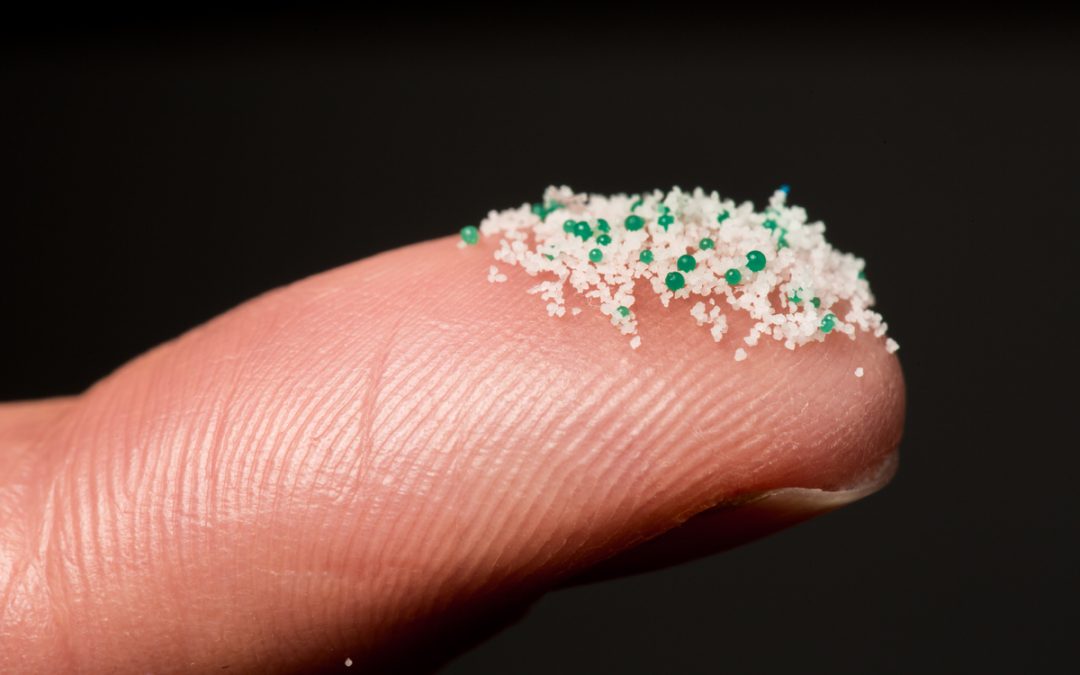Microbeads are tiny pieces of plastic found in many health and beauty products, including soap and body scrubs. The tiny pieces of plastic are used as exfoliants and cleansers in toiletries but do not dissolve. They then find their way into oceans, lakes and rivers where the beads are ingested by a variety of organisms.
Canadian ban 2017
Environment Canada began studying the impacts of plastic microbeads on wildlife and the environment under the previous Conservative government in March 2015. The beads were officially declared toxic in June of 2016.
In 2014, about 100,000 kilograms of plastic microbeads were imported into Canada for exfoliants and cleansers, while as much as 10,000 more kilograms were used in the domestic manufacture of personal care products.
Under the proposed change to the Canadian Environmental Protection Act, new regulations will prohibit the manufacture and import of microbeads starting at the beginning of 2018, with the sales ban starting six months later.
According to the Canadian Cosmetic Toiletry and Fragrance Association, a majority of Canadian manufacturers responsible for 99 per cent of the total amount of plastic microbeads used in 2014 have already committed to a voluntary phase-out by the time the federal prohibition comes into force.
US ban 2015
On December 18, 2015, Congress amended the Federal Food, Drug and Cosmetic Act (FD&C Act) by passing the Microbead-Free Waters Act of 2015. Learn what the new law prohibits, why Congress passed this law, when it takes effect, and more.
I&W provides natural seed-based replacements for microbeads in cosmetics. Our berry seed exfoliants add vivid color and rich texture to soaps, body gels and scrubs, and come in a variety of mesh sizes, ranging from coarse (20 mesh), (ideal for foot scrubs) to fine (ideal for face and body scrubs and masks (40-60 mesh).
